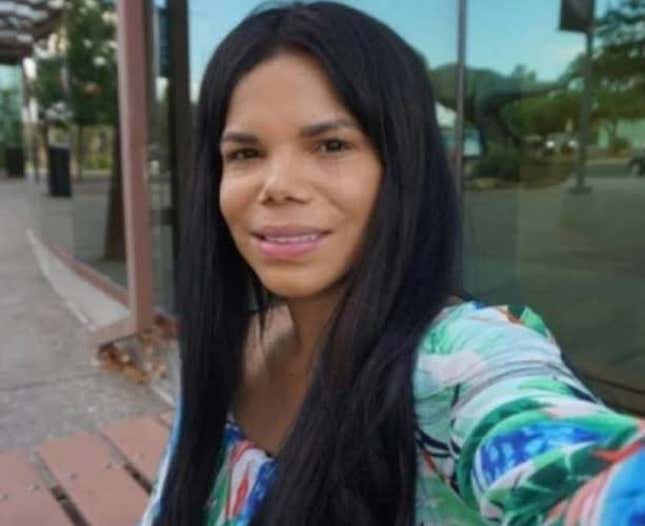
Brazil has the largest Black population outside of Africa, so when one biracial woman thought she could get away with continuous racism, the federal government made an example out of her.
Day McCarthy has a history of making hateful comments. And she told the Washington Post, that’s how she grew up. “This is what people told me when I was a kid,” she said in the interview. “I was bullied because I was overweight, because I was the daughter of a Black man, because I didn’t have any money, because I came from a poor neighborhood.”
Despite being biracial, McCarthy continued spewing racist language mostly targeted at children, but the consequences of her actions caught up to her when she called the Black daughter of two white celebrities a “monkey,” according to the Post. Seven years after her comments, a Brazilian judge found her guilty of racism— an offense the diverse country takes very seriously— in August 2024.
Brazil has a more narrow definition of freedom of speech than the U.S. Threats against the Brazilian government are considered illegal and so are personal attacks that offend someone’s honor, including racist speech, according to the Library of Congress.
“The gravity of the crime of racism in Brazil is so great that people can be arrested on the spot,” said Lívia Vaz, the director of a racism prosecutorial team in the country, told the Post. “When I started, it wasn’t that way. The police would go to the scene, and no one was arrested. Now they are.”
Unlike in the United States, racism in Brazil can cost an offender, like McCarthy, years behind bars, according to the UN Refugee Agency. The 35-year-old Brazilian was sentenced to eight years and nine months in prison. Her sentence is the longest ever given out for racism in the country, reports the Post.
McCarthy’s sentence serves as an example of the country’s efforts to right the wrongs of it’s racist past. The heat of the 2020 George Floyd protests prompted Brazil to take responsibility for it’s role in the transatlantic slave trade. Even public prosecutors have began formal investigations into slavery, which many Black Brazilians hope will result in reparations, according to AP News.
Even though the country has taken a stand against her, McCarthy, who lives in Paris currently, told the Post she has no plans to turn herself in to Brazilian authorities. Instead, she hopes to continue living in Europe.

